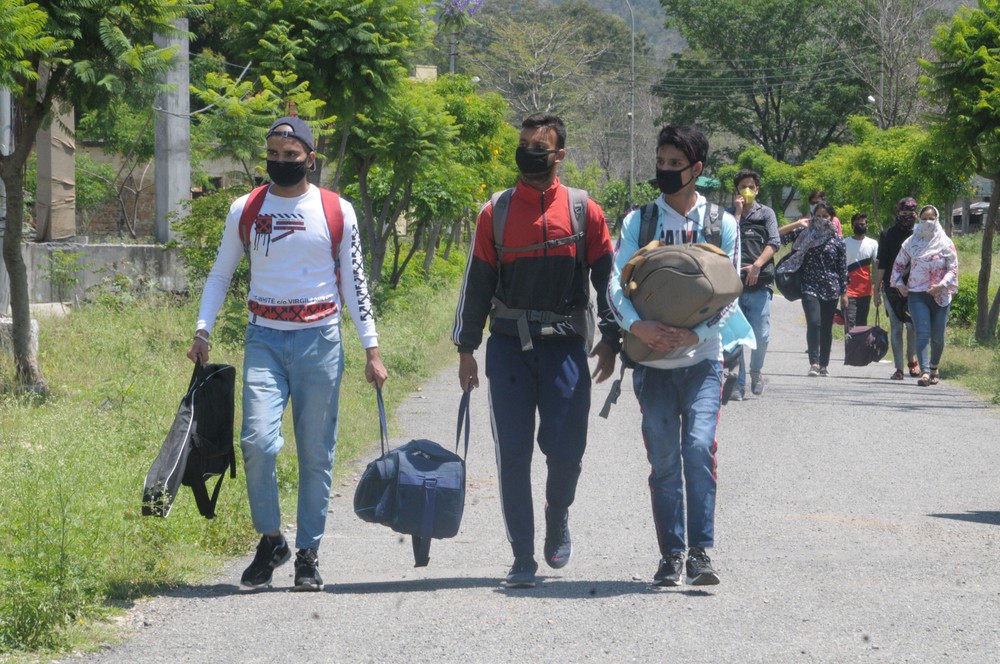During a joint press conference after their meeting, Czech Prime Minister Petr Fiala and Polish Prime Minister Mateusz Morawiecki emphasized their shared objectives in combatting illegal migration, despite their differing strategies on EU migration rule reform. Both leaders highlighted their countries’ commitment to real solidarity by taking in the most refugees per capita from Ukraine after the Russian invasion.
While Fiala previously criticized Poland’s lack of support for EU migration rule reform, he stressed that both governments are invested in Europe’s fight against illegal migration. He asserted that the current system is inadequate and emphasized the importance of addressing illegal migration at the EU borders. Fiala mentioned some progress made with proposed new migration rules, including enhanced asylum procedures at borders, preventing the movement of illegal migrants within member states, and cooperation with third countries to combat illegal migration.
However, Fiala expressed concerns about the European Parliament’s more liberal and open migration policy, which the Czech government opposes. He stated that the Czech Republic, along with Denmark and Austria, seeks to address illegal migration more intensively outside the EU.
Morawiecki echoed the sentiment of solidarity, emphasizing that both Poles and Czechs understand the importance of assisting refugees and preventing a humanitarian catastrophe. He stressed the need for additional funds to support the costs of hosting Ukrainian refugees and advocated for fair and balanced new migration rules without discrimination.
In addition to migration and security matters, the Czech and Polish governments discussed energy and transport infrastructure. Fiala mentioned the Stork II gas pipeline and its potential to diversify natural gas supply routes to the Czech Republic, improving energy security in Central Europe. They also explored cooperation in nuclear energy development and discussed transport projects, aiming for the early completion of cross-border connections via the D11 and S3 roads.
Regarding the EU’s Euro 7 emission standard, both countries expressed concerns about its proposed form and sought changes that align with current technological possibilities and do not harm the automotive industry.
Morawiecki shared his views on the future of the EU, advocating for expansion to include countries like Moldova and Ukraine without increasing bureaucracy. He emphasized the importance of unanimous decision-making by EU member states on certain issues, preserving the opportunity for each country to pursue its interests.
The leaders concluded the press conference by affirming the strong relations and cooperation between the Czech Republic and Poland. They regarded their partnership as vital, particularly in light of Russia’s aggression in Ukraine. Fiala also extended an invitation to Morawiecki for the NATO Days event in Ostrava, where Poland serves as the main partner.


















